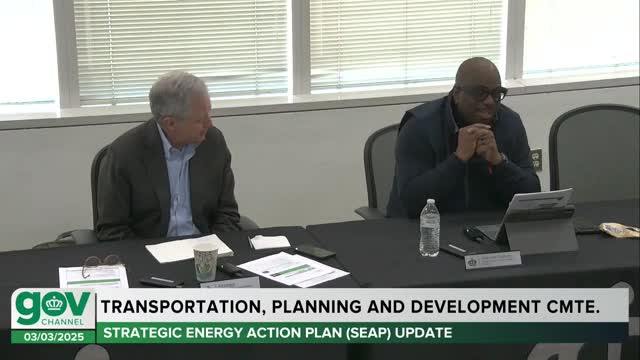Article not found
This article is no longer available. But don't worry—we've gathered other articles that discuss the same topic.
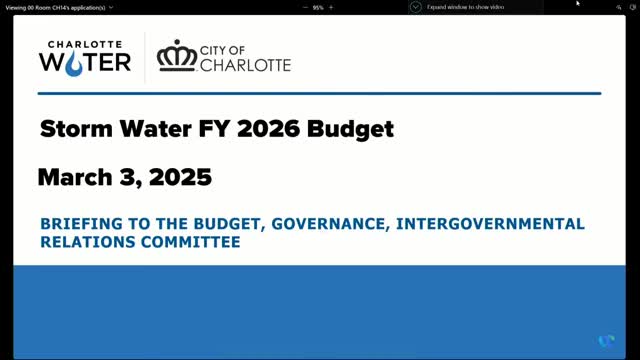
Charlotte Water, Stormwater highlight projects, financial outlook and PFAS monitoring plans
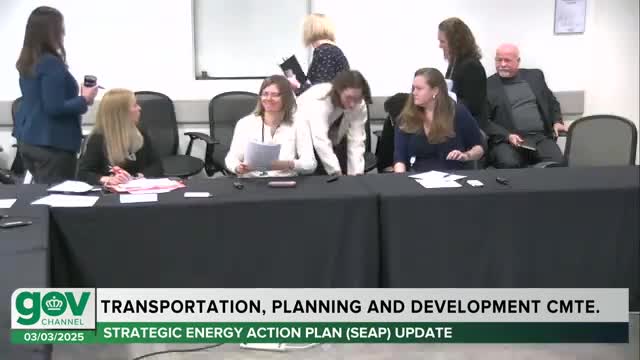
Charlotte staff outline draft Strategic Energy Action Plan; seek committee approval to send SEAP to full council
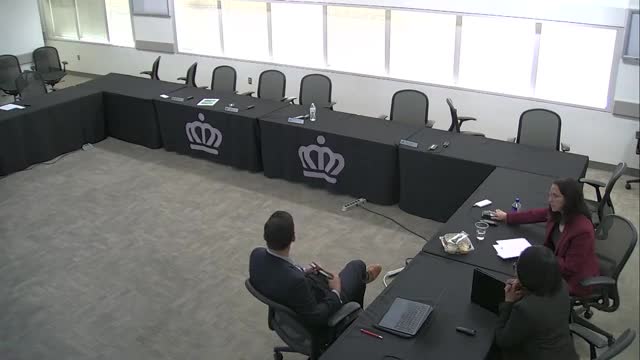
Housing committee backs in-rem repair orders to address unsafe housing; staff to seek contractors and refine relocation support
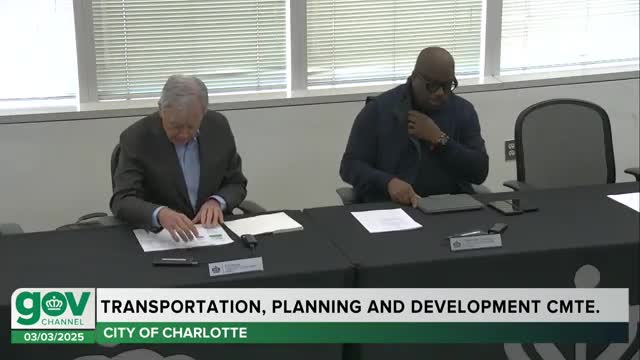
Charlotte planning staff preview draft community area plans, say they—will guide future rezoning
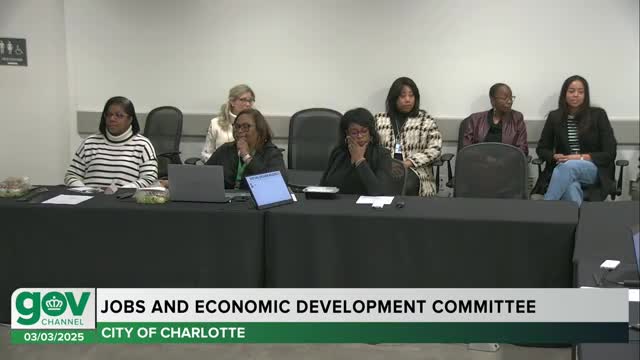
Jobs committee approves workforce development plan and sends it to full council
